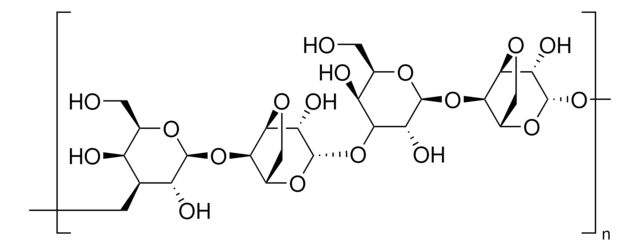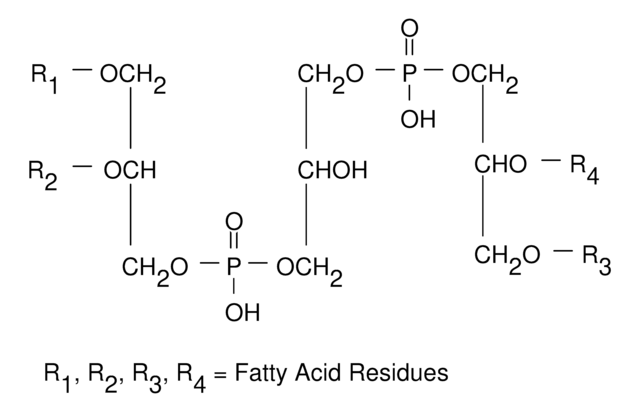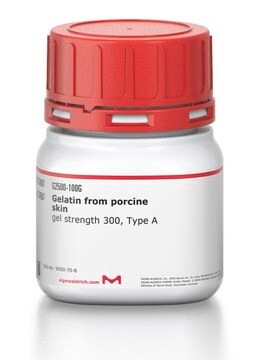A7104
Anti-AtMPK6 antibody produced in rabbit
affinity isolated antibody, liquid
Synonim(y):
Anti-Arabidopsis thaliana MPK6
About This Item
Polecane produkty
pochodzenie biologiczne
rabbit
białko sprzężone
unconjugated
forma przeciwciała
affinity isolated antibody
rodzaj przeciwciała
primary antibodies
klasa czystości
Molecular Biology
for molecular biology
klon
polyclonal
Formularz
liquid
masa cząsteczkowa
antigen 47 kDa
reaktywność gatunkowa
Arabidopsis thaliana
metody
western blot: 0.25-0.5 μg/mL using extract (cytosolic fraction) of Arabidopsis thaliana leaves
Warunki transportu
dry ice
temp. przechowywania
−20°C
docelowa modyfikacja potranslacyjna
unmodified
informacje o genach
Arabidopsis thaliana ... ATMPK6(818982)
Opis ogólny
Immunogen
Zastosowanie
Western Blotting (1 paper)
Działania biochem./fizjol.
Postać fizyczna
Oświadczenie o zrzeczeniu się odpowiedzialności
Nie możesz znaleźć właściwego produktu?
Wypróbuj nasz Narzędzie selektora produktów.
Kod klasy składowania
10 - Combustible liquids
Klasa zagrożenia wodnego (WGK)
nwg
Temperatura zapłonu (°F)
Not applicable
Temperatura zapłonu (°C)
Not applicable
Wybierz jedną z najnowszych wersji:
Masz już ten produkt?
Dokumenty związane z niedawno zakupionymi produktami zostały zamieszczone w Bibliotece dokumentów.
Nasz zespół naukowców ma doświadczenie we wszystkich obszarach badań, w tym w naukach przyrodniczych, materiałoznawstwie, syntezie chemicznej, chromatografii, analityce i wielu innych dziedzinach.
Skontaktuj się z zespołem ds. pomocy technicznej








